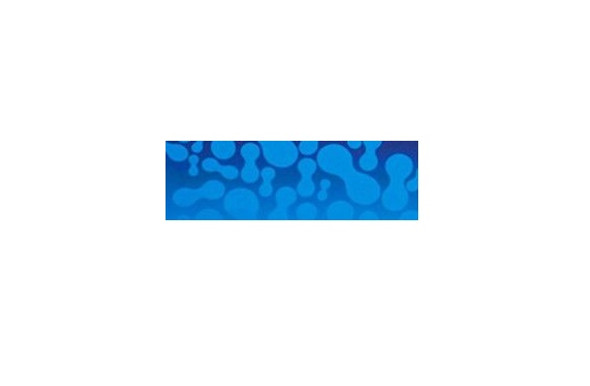Description
Recombinant Human LAG3/CD223 Protein (mFc Tag) | PKSH033595 | Gentaur US, UK & Europe Disrtribition
Synonyms: Lymphocyte activation gene 3 protein;LAG3;LAG-3;Protein FDC;CD223;LAG-3
Active Protein: N/A
Activity: Recombinant Human LAG3 Protein is produced by our Mammalian expression system and the target gene encoding Leu23-Leu450 is expressed with a mFc tag at the C-terminus.
Protein Construction: Recombinant Human LAG3 Protein is produced by our Mammalian expression system and the target gene encoding Leu23-Leu450 is expressed with a mFc tag at the C-terminus.
Fusion Tag: C-mFc
Species: Human
Expressed Host: Human Cells
Shipping: This product is provided as lyophilized powder which is shipped with ice packs.
Purity: > 95 % as determined by reducing SDS-PAGE.
Endotoxin: < 1.0 EU per μg as determined by the LAL method.
Stability and Storage: Generally, lyophilized proteins are stable for up to 12 months when stored at -20 to -80℃. Reconstituted protein solution can be stored at 4-8℃ for 2-7 days. Aliquots of reconstituted samples are stable at < -20℃ for 3 months.
Molecular Mass: 72.7 kDa
Formulation: Lyophilized from a 0.2 μm filtered solution of PBS, pH 7.4.
Reconstitution: Please refer to the printed manual for detailed information.
Background: Human Lymphocyte activation gene 3 protein( LAG3) is a member of immunoglobulin (Ig) superfamily. LAG3 contains 4 extracellular Ig-like domains. The LAG3 gene contains 8 exons. LAG3 is involved in lymphocyte activation and can bind to HLA class-II antigens. It is selectively expressed in activated T and NK cells. LAG3 has a negative regulatory function in T cells and acts as as a new marker of T cell induced B cell activation. As a soluble molecule; LAG3 activates antigen-presenting cells through MHC class II signaling. It can lead to increased antigen-specific T-cell responses in vivo. LAG-3 has higher affinity to MHC class II than CD4.
Research Area: immunology






